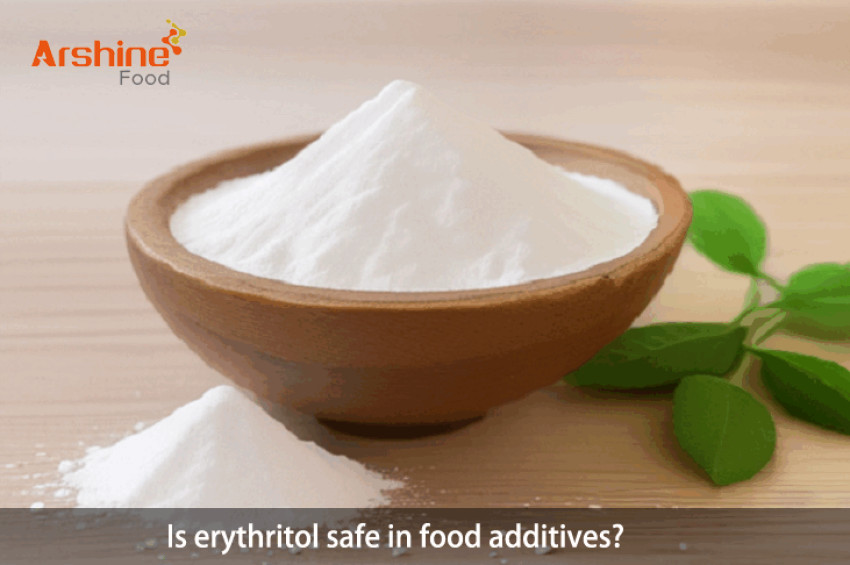
what is erythritol sweetener :
Erythritol is a sugar alcohol that has gained popularity as a sugar substitute in various food and beverage products. It is classified as a food additive and is used to provide sweetness without the added calories and negative health effects associated with regular sugar. Erythritol occurs naturally in certain fruits like grapes, melons, and pears, but the commercial production involves the fermentation of glucose, usually derived from cornstarch. As a sugar alternative, erythritol has raised questions regarding its safety, potential health benefits, and possible side effects.
One of the primary reasons erythritol is favored as a sugar substitute is its significantly lower calorie content compared to traditional sugars. It contains about 0.24 calories per gram, while table sugar has approximately 4 calories per gram. This caloric difference makes it an attractive option for individuals looking to reduce their calorie intake or manage conditions like obesity and diabetes.
Safety Evaluations: Erythritol has undergone rigorous safety evaluations by various food regulatory agencies, including the U.S. Food and Drug Administration (FDA), the European Food Safety Authority (EFSA), and the Joint FAO/WHO Expert Committee on Food Additives (JECFA). These evaluations have generally concluded that erythritol is safe for consumption within established limits.
The FDA has granted erythritol the status of Generally Recognized as Safe (GRAS), meaning that it is considered safe for use as a food additive. EFSA and JECFA have also set acceptable daily intake (ADI) levels for erythritol. For instance, EFSA has established an ADI of 0-0.8 mg per kilogram of body weight. These ADI values are determined by considering animal studies, human trials, and potential adverse effects.
Metabolism and Digestibility: Unlike some other sugar alcohols, erythritol is known for its limited absorption in the small intestine. Around 90% of ingested erythritol is excreted unchanged in the urine without being metabolized. This characteristic contributes to its lower caloric content and reduced impact on blood sugar levels, making it a suitable option for people with diabetes or those following low-carbohydrate diets.
Potential Health Benefits: Erythritol's unique metabolic pathway may provide certain health benefits. Because it is not fully absorbed in the small intestine, it does not contribute to the caloric intake in the same way as sugar. This property has led to its use in sugar-free and reduced-calorie foods and beverages.
Furthermore, erythritol's minimal impact on blood sugar levels can be advantageous for individuals with diabetes. It doesn't cause rapid spikes in blood glucose, which is crucial for maintaining stable insulin levels. Its tooth-friendly nature is another advantage, as it does not promote tooth decay like regular sugar does.
Digestive Tolerance: Erythritol is generally considered well-tolerated, with a lower likelihood of causing digestive issues compared to other sugar alcohols like xylitol and sorbitol. Its limited absorption in the small intestine reduces the chances of causing gastrointestinal distress, which can include symptoms like bloating, gas, and diarrhea. However, high consumption of erythritol can potentially lead to digestive discomfort in some individuals, especially if consumed in excess.
Conclusion: Based on current scientific evidence and the evaluations of reputable food safety agencies, erythritol appears to be a safe food additive when consumed within recommended limits. Its unique metabolic properties, low calorie content, and minimal impact on blood sugar levels make it a viable alternative to sugar for individuals seeking to manage their calorie intake, control blood sugar, and reduce the risk of dental cavities. As with any food additive, moderation is key, and individuals with specific health concerns should consult with healthcare professionals before making significant dietary changes involving erythritol or other sugar substitutes.
https://www.arshinefood.com/Industry-information/is-erythritol-safe-in-food-additives




